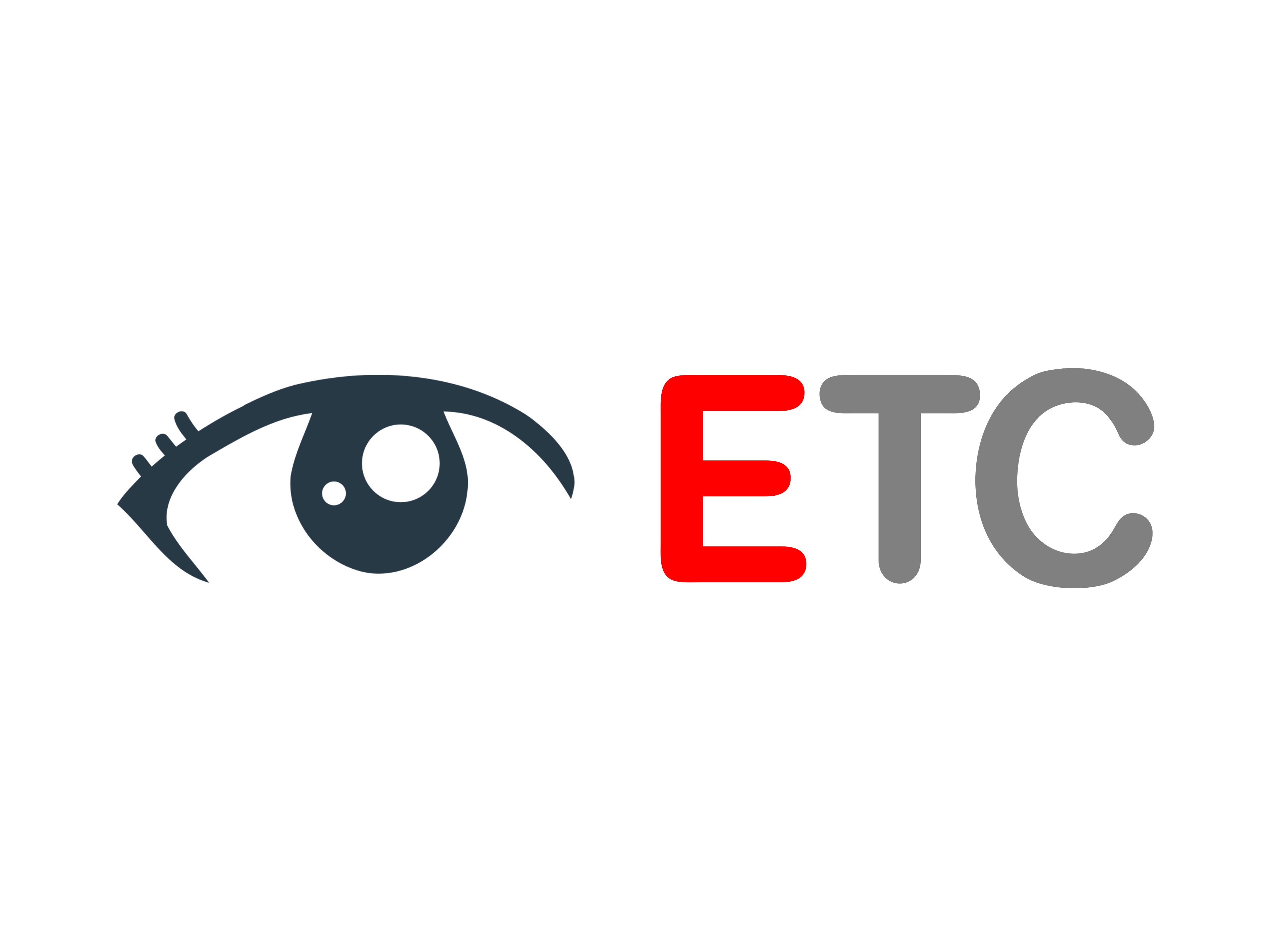The $200K Question: Is an MBA Worth It for Tech Professionals in Their 20s?
by admin | Oct 26, 2025 | GURU MBA
If you’re a software engineer, product manager, or data scientist in your twenties, you’re facing a peculiar paradox: you’re probably earning more than MBA graduates, yet you keep wondering if business school would unlock your next level.
The answer isn’t what you think. And it’s definitely not worth $200,000.
The Tech Professional’s Career Ceiling
You’ve noticed the pattern. Technical excellence gets you to $150K-$180K by age 27. Your code is elegant, your systems are scalable, and your technical peers respect you. But here’s what’s keeping you up at night: the people making product strategy decisions, controlling budgets, and defining company direction often lack your technical depth—but they have something you don’t.
It’s not intelligence. It’s not work ethic. It’s business fluency.
When the VP of Product discusses market positioning, customer lifetime value, and competitive differentiation, do you contribute strategic insights or just nod along? When the CFO presents financial projections, can you challenge assumptions or just accept the numbers? When your startup discusses Series B fundraising, do you understand valuation methodologies or just hope for the best?
This knowledge gap is the difference between being an excellent executor and being a strategic leader. And yes, traditional MBAs teach these skills. But at what cost?
The Brutal ROI Math for Tech Professionals
Let’s calculate the true cost of a traditional top-tier MBA for someone currently earning $160,000 in tech:
Direct Costs:
-
Tuition: $150,000-$250,000
-
Living expenses (two years): $60,000-$100,000
-
Books, travel, fees: $20,000
-
Total cash outlay: $230,000-$370,000
Opportunity Costs:
-
Lost salary (two years): $320,000
-
Lost equity/stock options: $50,000-$200,000
-
Lost career advancement: Immeasurable
-
Total opportunity cost: $370,000-$520,000
Combined True Cost: $600,000-$890,000
Now the critical question: Will your post-MBA career trajectory generate sufficient additional lifetime earnings to justify this investment?
The Changing Landscape of Tech Leadership
Here’s what’s revolutionizing tech careers: the fastest-growing companies aren’t hiring MBAs to lead product and engineering anymore. They’re promoting technical professionals who’ve developed business acumen.
Look at the leadership teams at Stripe, Databricks, Figma, or Notion. Technical founders and operators who learned business frameworks on-the-job are outcompeting traditional MBA-types who lack deep product and technical understanding.
The game has changed. Technical credibility plus business fluency is the new requirement for tech leadership. Traditional MBAs give you business fluency but cost you two years of technical relevance in a field that evolves every six months.

The GURU MBA Solution for Tech Professionals
This is where smart tech professionals are finding their edge. GURU MBA delivers the business frameworks you need without the aspects you don’t—the career interruption, the obsolete case studies, the networking with people outside your industry, and the six-figure debt.
Maintain Technical Velocity: In two years away from tech, you’ll miss multiple technology cycles. The frameworks you’re learning become irrelevant if you can’t apply them to current technologies. GURU MBA lets you learn business strategy, financial analysis, and leadership frameworks while you’re building products, shipping code, and staying technically current.
Industry-Specific Application: Traditional MBA case studies focus on decades-old companies in traditional industries. GURU MBA’s AI-powered platform provides tech-specific content—SaaS financial models, product-led growth strategies, developer ecosystem frameworks, and digital marketplace dynamics. You’re learning business principles through the lens of the industry you’re actually working in.
Learn-Apply-Iterate Cycle: Here’s the competitive advantage: Tuesday evening, you complete GURU MBA’s Valuation Expert module. Wednesday morning, you’re modeling your startup’s Series B valuation with confidence. Thursday, you’re discussing dilution scenarios with your CEO. This immediate application loop means you’re not just learning theory—you’re building reputation and demonstrating strategic capabilities in real-time.
Financial Sense: GURU MBA costs a small fraction of traditional programs. If you’re currently earning $160,000, that means you’re still earning $320,000 over two years instead of $0. You’re investing perhaps $5,000-$10,000 instead of $230,000+. Your ROI becomes positive within months, not decades.
The Skills That Actually Matter for Tech Leadership
After analyzing hundreds of tech leadership transitions, three capabilities separate technical professionals who become executives from those who remain individual contributors:
Strategic Product Thinking: Understanding market dynamics, competitive positioning, and business model economics. GURU MBA’s Strategy & Leadership curriculum teaches you to think like a CEO, not just an engineer.
Financial Fluency: Reading P&Ls, understanding unit economics, and building financial projections. GURU MBA’s comprehensive finance modules give you the CFO-level skills that make you indispensable.
Cross-Functional Leadership: Managing stakeholders, influencing without authority, and communicating technical concepts to non-technical audiences. GURU MBA’s Stakeholder Management and Communication frameworks transform how you lead.
The Career Trajectory Comparison
Traditional MBA Path:
-
Age 26: Quit job, enroll in MBA program
-
Age 28: Graduate, re-enter workforce at higher level
-
Age 30: Hopefully recovered opportunity cost
-
Age 35: Maybe ahead of where you would have been
GURU MBA Path:
-
Age 26: Enroll in GURU MBA while working
-
Age 27: Apply frameworks, get promoted to Senior
-
Age 28: Demonstrate strategic thinking, move to leadership
-
Age 30: Operating at post-MBA level with three years head start
-
Age 35: Significantly ahead with compounded experience
Your Decision Framework
Ask yourself three questions:
Can you afford two years out of tech? Technology cycles are measured in months. Two years away means you’re coming back to a different landscape, different tools, different paradigms.
Do you need the traditional MBA network? If you’re building enterprise software, maybe. If you’re in consumer tech, developer tools, or SaaS, your network is more valuable than any business school cohort.
Are you willing to pay $600K+ for knowledge you could gain for 2% of that cost? GURU MBA delivers the business frameworks, strategic thinking, and financial acumen that matter—without the cost, career pause, or irrelevant coursework.
The Bottom Line
The $200K question isn’t whether an MBA is worth it. The question is whether the traditional MBA model makes sense for tech professionals in 2025. The answer is increasingly clear: it doesn’t.
GURU MBA represents a fundamental shift in how ambitious tech professionals develop business acumen. You get the frameworks without the debt. The skills without the career interruption. The advancement without the outdated approach.
You’re already earning well. You’re already building valuable experience. What you need is business fluency to unlock leadership opportunities. GURU MBA delivers exactly that—efficiently, affordably, and immediately.
Ready to develop executive-level business skills without leaving tech behind? Discover how GURU MBA accelerates tech leadership careers.

